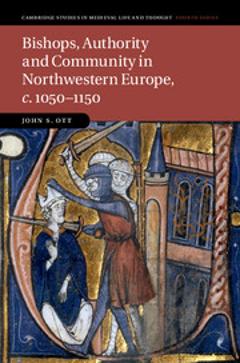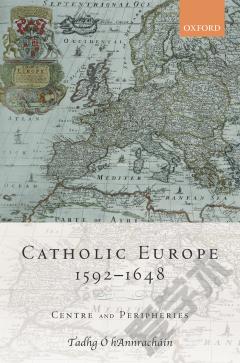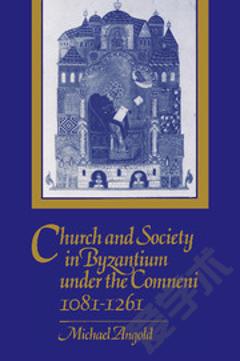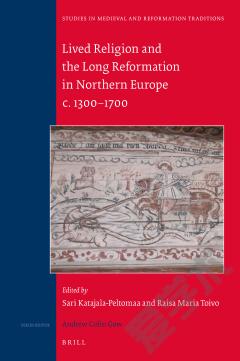Bishops, Authority and Community in Northwestern Europe, c.1050–1150
This important study of episcopal office and clerical identity in a socially and culturally dynamic region of medieval Europe examines the construction and representation of episcopal power and authority in the archdiocese of Reims during the sometimes turbulent century between 1050 and 1150. Drawing on a wide range of diplomatic, hagiographical, epistolary and other narrative sources, John S. Ott considers how bishops conceived of, and projected, their authority collectively and individually. In examining episcopal professional identities and notions of office, he explores how prelates used textual production and their physical landscapes to craft historical narratives and consolidate local and regional memories around ideals that established themselves as not only religious authorities but also cultural arbiters. This study reveals that, far from being reactive and hostile to cultural and religious change, bishops regularly grappled with and sought to affect, positively and to their advantage, new and emerging cultural and religious norms.
{{comment.content}}








 京公网安备 11010802027623号
京公网安备 11010802027623号